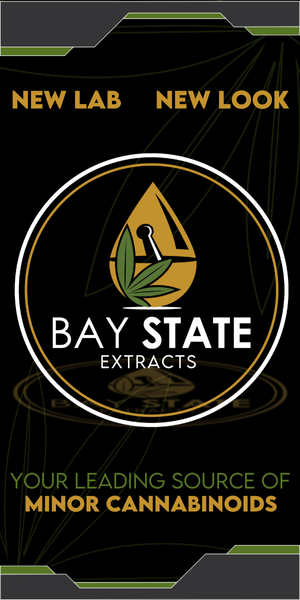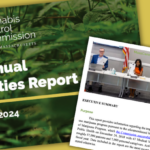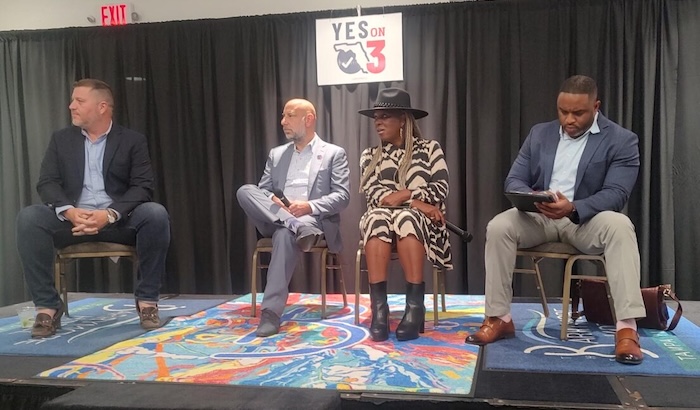
From social consumption and badging to supply limits and lab standards
Made up of 25 people including state appointees and non-voting members who are industry experts, the Massachusetts Cannabis Advisory Board is charged with studying and making recommendations to the Cannabis Control Commission “regarding the regulation and taxation of marijuana in Massachusetts.”
The body has had some demonstrable impact, especially through certain subcommittees, which have helped drive agency discussions on issues like research and testing standards. But overall, there have been frustrations among some board members about their group not meeting enough and being ignored.
CAB Chair Helen Gomez Andrews started the most recent CAB meeting, held virtually on Monday, by pledging to change things up, starting with their schedule—the board will meet four more times this year, with the possibility of additional meetings if needed. The co-founder of the High End Chocolate Company in Holyoke, Gomez Andrews opened the floor for a discussion about what they should address on future dates. Below is our summary of those subjects and what members said about them …
–Eliminating vertical integration requirements for medical cannabis. This is an issue that the CAB has taken up before, and would allow for, say, a company that only manufactures, or that only grows weed, to get into the medical space. Moving forward, there is interest in continuing that campaign.
-Ryan Dominguez, who was also recently appointed to the Cannabis Social Equity Advisory Board, brought up a number of topics, among them social consumption, which some members would like to see the CAB play a role in writing the rules for.
-Following the success of delivery companies in getting the so-called “two-driver rule” removed (the change has yet to happen, but it’s coming), CAB members noted that there are similar costly regulations that apply to testing labs which also warrant a close look.
-Speaking of labs, CAB members plan to follow up on the CCC bulletin from last November “providing guidance to Commission-licensed Independent Testing Laboratories … to provide clarification, ensure consistency, and establish [testing] standards following the latest considerations from the United States Pharmacopeial Convention.”
-As was also discussed at a CCC meeting last month, there is interest in pushing for agent badges that follow workers from job to job, instead of being tied to one employer. CAB member Kim Napoli said registration should be “portable,” similar to how a patient can use their state card at any medical marijuana facility. Gomez Andrews added, “Having an ability for farms to share labor without going through all the hoops of agent registration. … This should be, in theory, something we can quickly reform.”
-Napoli, who works as an attorney in the industry, also brought up the power to grant waivers at the CCC, which she said currently lies solely with the executive director. The CAB could feasibly address what kind of process would spread that discretion across more regulators.
-You can also expect the board to take up the issue of dispensary discounts, offers, bundles, or whatever companies are calling them these days in order to dodge fines. “To worry about whether saying this word or using a certain percent sign is going to trigger regulators is a constant thing that operators have to do,” Napoli said.
-Frank Shaw of the Massachusetts Patient Advocacy Alliance wants the CAB to examine the current 10-ounce supply limit for patients, which he called a “potential barrier.” Currently, “The maximum amount a Patient may possess at one time is a 60-day supply—or up to 10 ounces.”
-The chair read input submitted by cannabis writer, patient, and attorney Meredith Freed, who wants to see the CAB urge hospitals and medical institutions to not just look the other way when it comes to medical cannabis—and to research ways to facilitate onsite consumption during hospital stays.
–Microbial testing standards, which are very high in Massachusetts, also came up. There’s almost guaranteed to be further inter-agency wrangling between the CCC and the Massachusetts Department of Agricultural Resources this year on the testing and pesticides front, and it’s likely CAB members will be there to note how many of the processes required are expensive and especially prohibitive for small businesses.






















